Media | Articles
This Kansas college trains America’s future auto restorers
Owners of old cars have a new problem: Basically only old people know how to fix old cars. As these folks retire or head off to that big cars and coffee in the sky, owners of vintage cars are left scrambling to find places to maintain and repair them. I have personal experience here: A day before I wrote the above sentences, my mechanic called to tell me he has retired, and I’d have to find a new shop to work on my 1947 Packard. Ugh.
Fortunately, there is hope for the future: McPherson College, a small liberal arts college in McPherson, Kansas. McPherson produces some of the most sought-after graduates in the world of automotive restoration, and since 1998, Hagerty has been a partner in promoting the school’s mission.
“Over the years, Hagerty has supported the program financially, and several of us at Hagerty have served on its board of directors,” says Jonathan Klinger, executive director of the Hagerty Drivers Foundation. “We are proud that McPherson is now the world’s only four-year bachelor-degree program to combine hands-on training with classroom instruction that produces skilled, business-savvy craftspeople.”
These highly trained grads go on to work at renowned shops such as Paul Russell and Company, Wayne Carini’s F40 Motorsports, and others, where they work on some of the rarest and priciest automobiles in the world.

Initially, the restoration curriculum was a two-year program, and enrollment was low. In 1998, the college trustees were considering eliminating the program. “The curriculum was very different than it is today,” explains Amanda Gutierrez, provost/executive vice president for McPherson. “We hadn’t quite made sense of how the liberal arts and a more technical program like automotive restoration fit.”
Marketplace
Buy and sell classics with confidence
Just as the program was on the verge of being eliminated, a hero came to the rescue: Jay Leno, comedian, former host of The Tonight Show, and noted car enthusiast.
“Jay learned about the program through his friend, Randy Ema, a restoration expert and one of the world’s experts on the Duesenberg marque,” says Gutierrez. “When Jay called the school, no one believed it was him!” Eventually they confirmed that it was Leno calling, and he went on to become a generous supporter of the program.
“I thought it was a great idea and we made a couple of donations,” says Leno. “Other countries require a degree or certification of some sort to fix cars, and now with McPherson, we have it, too. I always say, ‘The heart is healthiest when the hands and the head work together.’ I work on cars during the day and at night I go on stage and tell jokes, and it’s a nice balance. I’m relieved to do one when I’m not doing the other.”
“Shortly after Jay connected with the program, we formed an advisory board,” says Gutierrez. “McKeel Hagerty, Craig Jackson [Barrett-Jackson Auctions], and Roger Morrison [Pebble Beach judge, car enthusiast] were part of the original board.” One key recommendation it made was to expand from an associate degree. In 2006, the bachelor’s degree in automotive restoration was added to the catalog. “That shift afforded our students a broader range of opportunities,” says Gutierrez. “Our degree helps graduates develop skills not just for a first job, but for an evolving career over a lifetime.”
Adam Hammer, a 2009 McPherson graduate and today the owner of Hammer and Dolly, a restoration shop in Traverse City, Michigan, couldn’t agree more. “I was a junior in high school when I learned about McPherson from Bob Turnquist, a noted collector and co-founder of the Classic Car Club of America,” Hammer recalls. “When I was looking at schools, the big question was, ‘Are you going to have a job when you graduate? What’s the educational value?’”
What Turnquist said changed Hammer’s life. “First, he said, ‘If you can work with your hands, you’ll never be out of work.’ I’ve found that to be true. There’s always something that needs to be fixed, whether it’s a classic car or a daily driver,” says Hammer. “The second thing Bob said was that if I went to McPherson College for the restoration program, I’d have a job when I graduated.”
Once at McPherson, Hammer thrived. “The program was a dream to me. It was a hands-on shop, but then you also had the standard college courses,” he recalls. Hammer is a huge believer in the restoration program. “McPherson prepared me for a career,” he says. “McPherson was the place where I found my passion, and it allowed me to develop the other skills I’d need.”
Paul Russell and Company is one of the preeminent automotive restoration shops in the world. Founded in 1978 in Essex, Massachusetts, the company has restored cars that have won 48 best-of-show awards since the first concours they entered in 1987. Russell has been involved with McPherson for 20 years—first on its advisory board and today as its chairman—and from his first visit, he knew it was special. “I was impressed with the passion and enthusiasm of the people running the college,” he recalls. “I also recognized the necessity of having programs such as McPherson’s that educate the future caretakers of great classic cars.”

Russell was instrumental in the switch from a two-year program to a four-year program. “I thought that it would make the program distinctive nationwide, if not worldwide,” he explains. “It’s like a screening process for an employer to get somebody who has a range of skills as well as a deep and abiding interest in the work and the cars. A young person who can speak eloquently, engage with a customer, walk them through the restoration process, and display a level of personal investment and passion in the project makes a huge difference.”
Russell backs up his beliefs with action: He has hired five McPherson graduates since he became involved with the program. He hired the first, Chris Hammond, in 2005; the most recent hire, Wally Behrens, graduated in May 2021 and went to work with Russell in October. says Behrens. “As I got closer to driving, I really started liking cars. My dad had a 1966 Austin-Healey Sprite that had been parked since I was little. We fixed the brakes and got the engine going. When I was 15, I got a rusted-out 1971 International Scout 800B. I went through the engine, rebuilt the transmission and brakes. And then I drove the Scout throughout high school.
“My dad found McPherson,” continues Behrens. “He showed me an article, and I thought it sounded pretty cool. I liked the hands-on aspect of restoring cars. I didn’t want to sit behind a desk, pushing papers.”
Once at the school, much to his surprise, Behrens found that he enjoyed trim work. “Trimming appealed to me because there’s definitely an art to it,” he says. “Back at McPherson, I took quite a few art classes. I’ve always liked doodling, drawing, and painting.”
His skills were exceptional enough that he is now working at Paul Russell and Company, apprenticing with the head upholsterer, Derrick Dunbar. “Derrick was trained at Rolls-Royce, where he served a five-year apprenticeship,” says Russell. “He’s certainly the best I’ve ever seen in the restoration field, and now Wally, at 22 years old, has a chance to work under Derrick’s tutelage for the next five years and learn all the traditions that Derrick knows.” Russell is pleased with his newest McPherson grad. “He’s worked out very well, and he’s what you want in a new person starting out. He’s got good hands, but he’s also a good listener, a good learner, and very observant. He realizes that he’s being trained by one of the best in the business.”
Behrens is enjoying his work. “Since starting at Paul Russell, my self-critiquing skills have improved. Knowing what I did wrong and how I could approach repairing it or fixing it, or if it’s a totally lost cause and I have to redo it.” A few months into his apprenticeship, he has been able to experience the pinnacle of the world of concours d’elegance. “I helped on the 1966 Ferrari 365P Berlinetta Speciale ‘Tre Posti’ that won first in class at the 2021 Pebble Beach Concours. It was a proud movement.” Behrens loved his time at McPherson. “I met so many like-minded people. In high school, there were a few kids that liked cars. At McPherson, it’s everybody!”
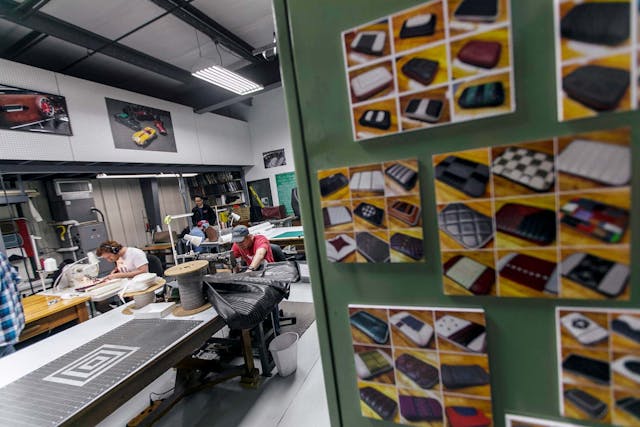
Zoe Carmichael, who recently finished her first year at McPherson, is also enthusiastic about her classes, her instructors, and fellow students. “There’s such great camaraderie between all the students and the teachers,” she says. “If anyone has a problem with anything, someone has an answer. We hang out with our projects and talk about them.”
Carmichael’s project—and her daily driver—is a 1971 Volkswagen Beetle she bought back in her hometown of Raleigh, North Carolina. “I found it on Craigslist,” she recalls. “I had been searching for a while. It’s dark blue, but it was green originally. You can see the green in some places, but I think that adds to the charm. It started breaking down as soon as I bought it, so I had to learn how to fix it myself. And then I fell in love with it.”
First, she had to send the carburetor out for a rebuild. Then she had to adjust the valves. “A friend gave me the book How to Keep Your Volkswagen Alive. I read it and reread it many times.” She did the valve job in the parking lot of her apartment building. “It was a little nerve-racking, to be honest. But as soon as I got it done and fired it up, it sounded beautiful. That’s when I realized that working on cars was what I wanted to do.” Carmichael attended Wake Technical Community College and received a two-year associate degree in automotive technology, but knew she wanted more. A Google search led her to McPherson; she applied using photos of her work on the Beetle along with an essay on her experiences with it, and she was accepted. So, in the middle of the summer, she loaded up her things and headed to Kansas—in the Beetle, of course—and without air conditioning. “It was extremely hot. I had to drive at night when the sun had set with the windows rolled down.” The Beetle made the 1259-mile trip without incident, a testament to Carmichael’s preparations. “I’m not sure I would do it again, but it was the best experience.”
Carmichael is digging into her studies and is especially enjoying her “Social History of the Automobile” class. “The college emphasizes that it’s not just about the metal itself, but it’s about the story behind the car that’s important.” In her personal time, she continues to work on her Beetle and hangs out with her fellow students. One has a 1965 Chevrolet Corvair and another recently bought a 1959 Edsel Ranger that he found in Arkansas, only to get it back in McPherson to learn the fuel tank was completely rusted out.
Another student, Spencer Ice, is driving a 1956 Packard Patrician that he purchased at an auction, with some of the proceeds funding a scholarship at McPherson. “My summer internship was to get the cars in that collection ready for auction,” he says. “We only had three months to get 45 cars running. I worked on the Patrician, fell in love with it, and purchased it at the auction.” Once back at school, the brakes went out. Ice mentioned to one of his professors, Luke Chennell, that he was working on the Patrician’s Bendix Treadle Vac setup. “That’s really cool,” Chennell said. “Why don’t you bring it into class, and we can see how it works?”
That sort of hands-on, relevant, and relatable training is exactly what makes the restoration program at McPherson College invaluable to the students, and, eventually, to the owners and collectors who comprise the world of vintage automobiles. “I describe their program as being a junior varsity basketball team and having Michael Jordan, Larry Bird, and Kareem Abdul-Jabbar as coaches,” says Carini. “People such as Paul Russell and other great restorers, and people in the hobby, are the guys who are helping these young people get their education. It’s like we’re the cheerleading team for them, saying, ‘Boy, you can’t get much better than this. This is unbelievable, that you have such a great opportunity to do this.’”
Russell agrees with Carini on the importance of McPherson and how essential it is for keeping the artistry of automotive restoration alive for future generations. “It’s tremendously critical, and not just for the training of the students,” he says. “To bring them into a company such as mine or Wayne’s, where they have that kind of background and ultimately can lead a department or lead a company, these are the future leaders of the industry.”
For more information on the automotive restoration program at McPherson College, visit mcpherson.edu/autorestoration.

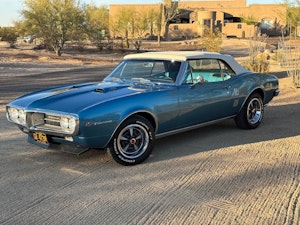




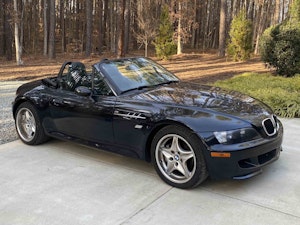
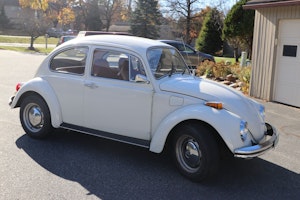
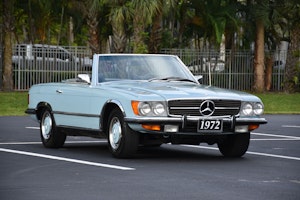
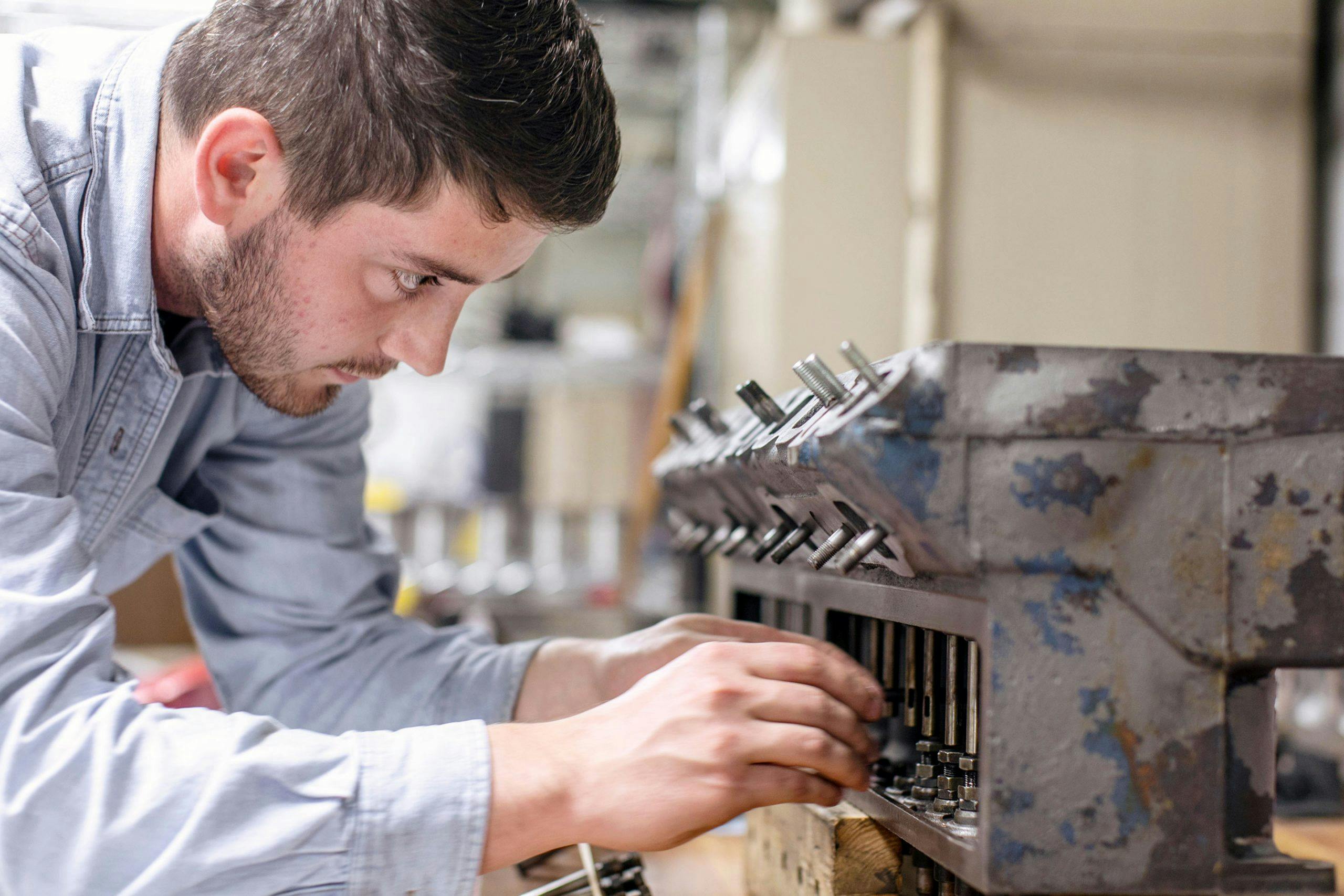
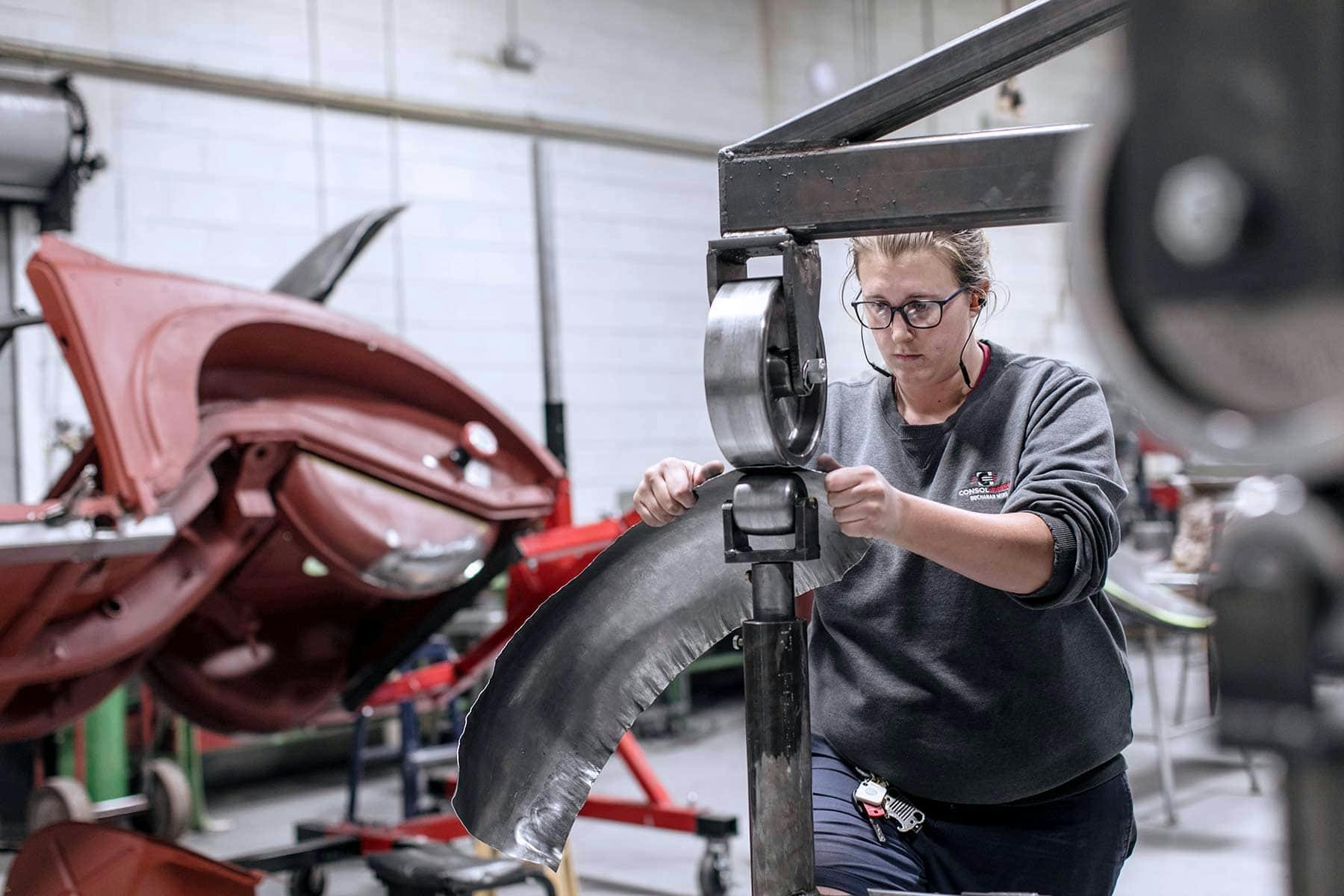
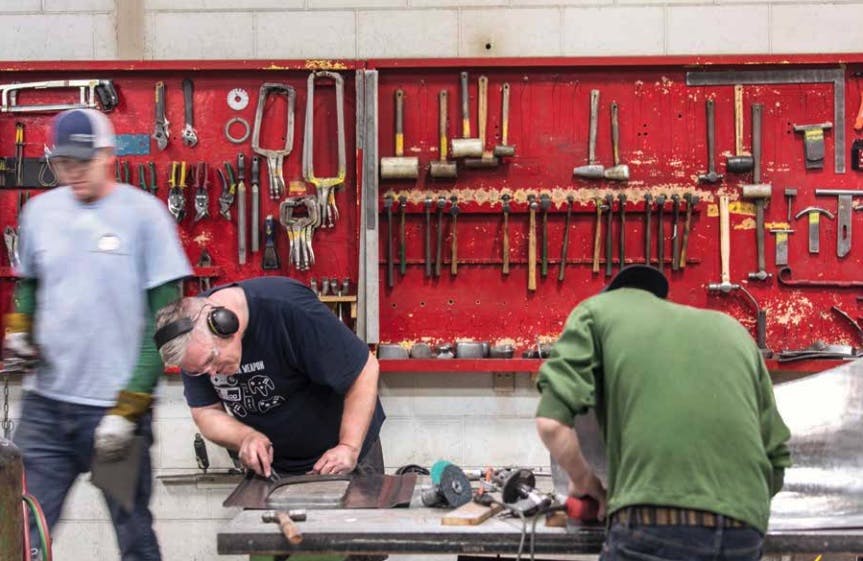
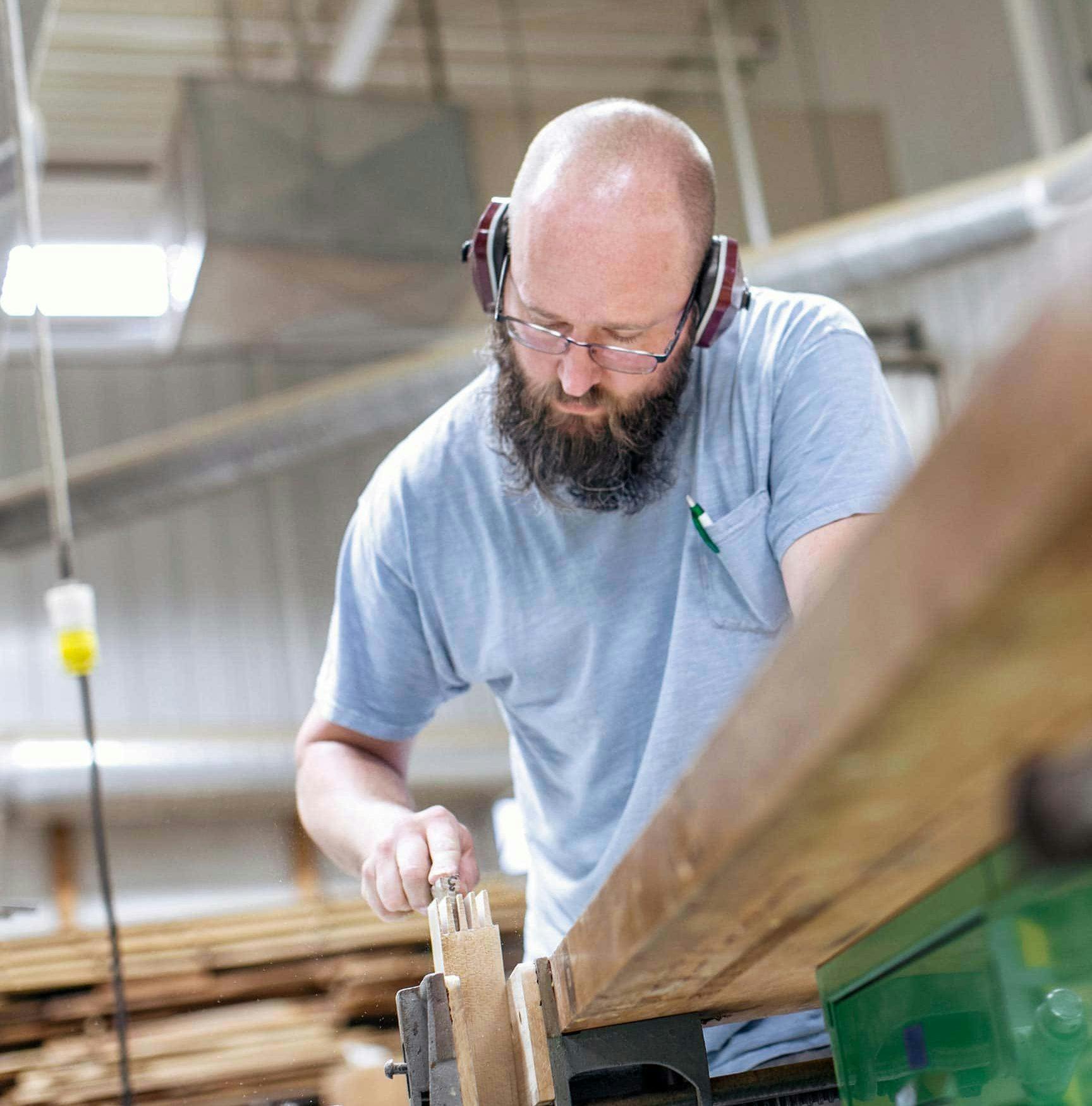
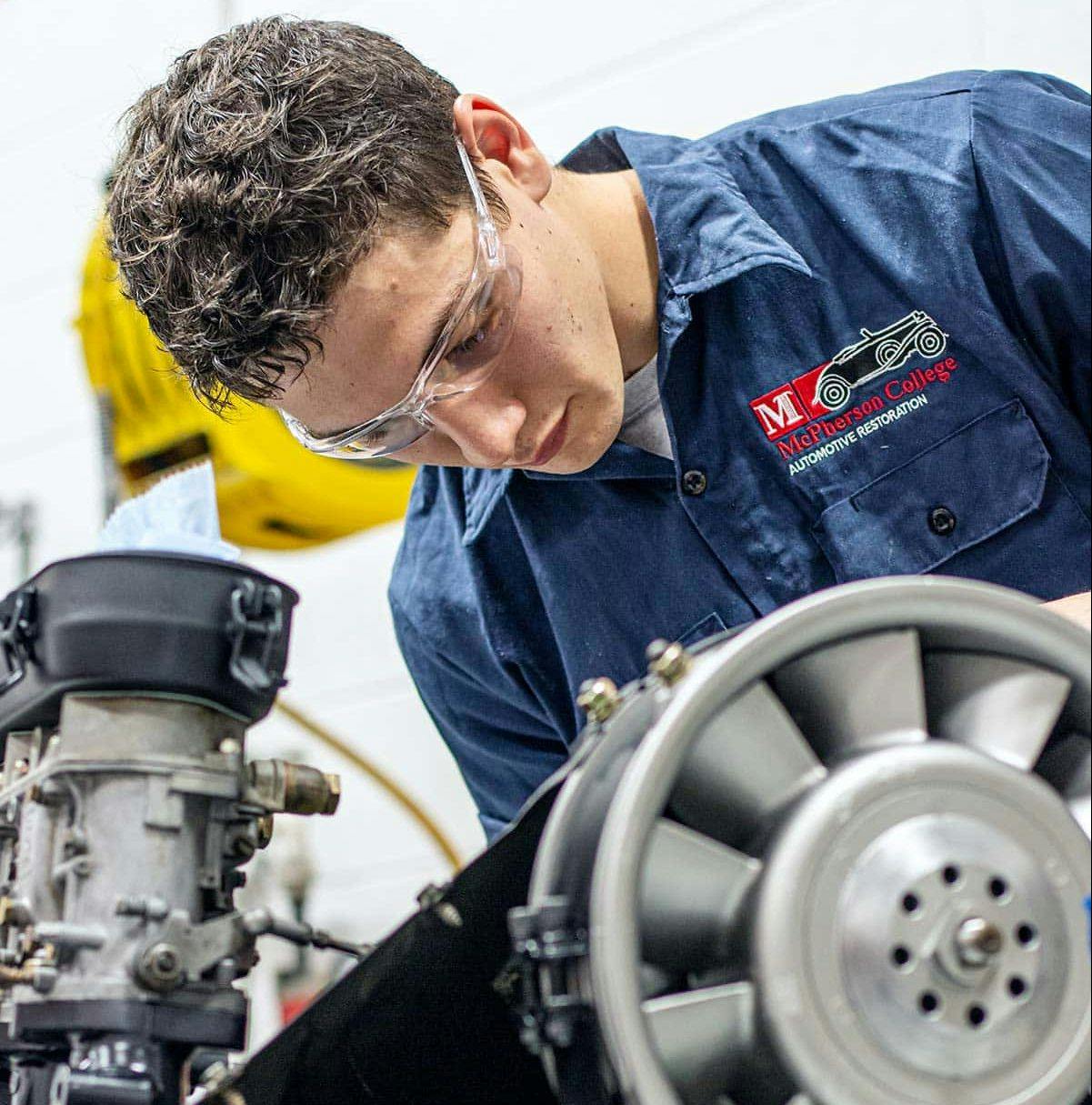
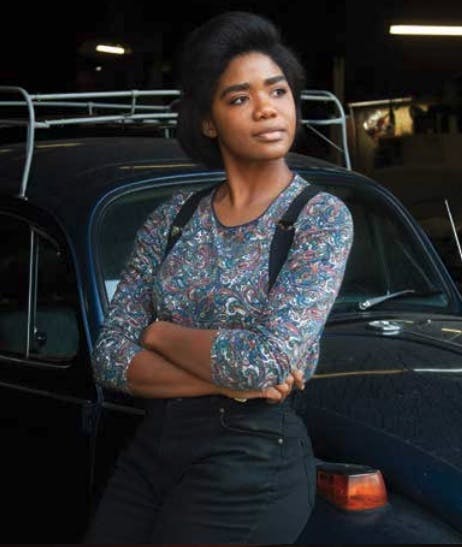
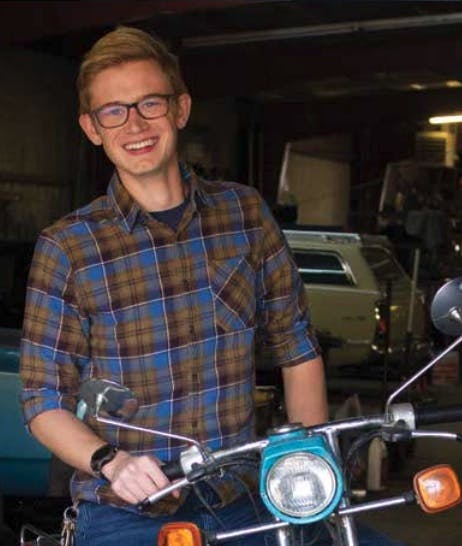











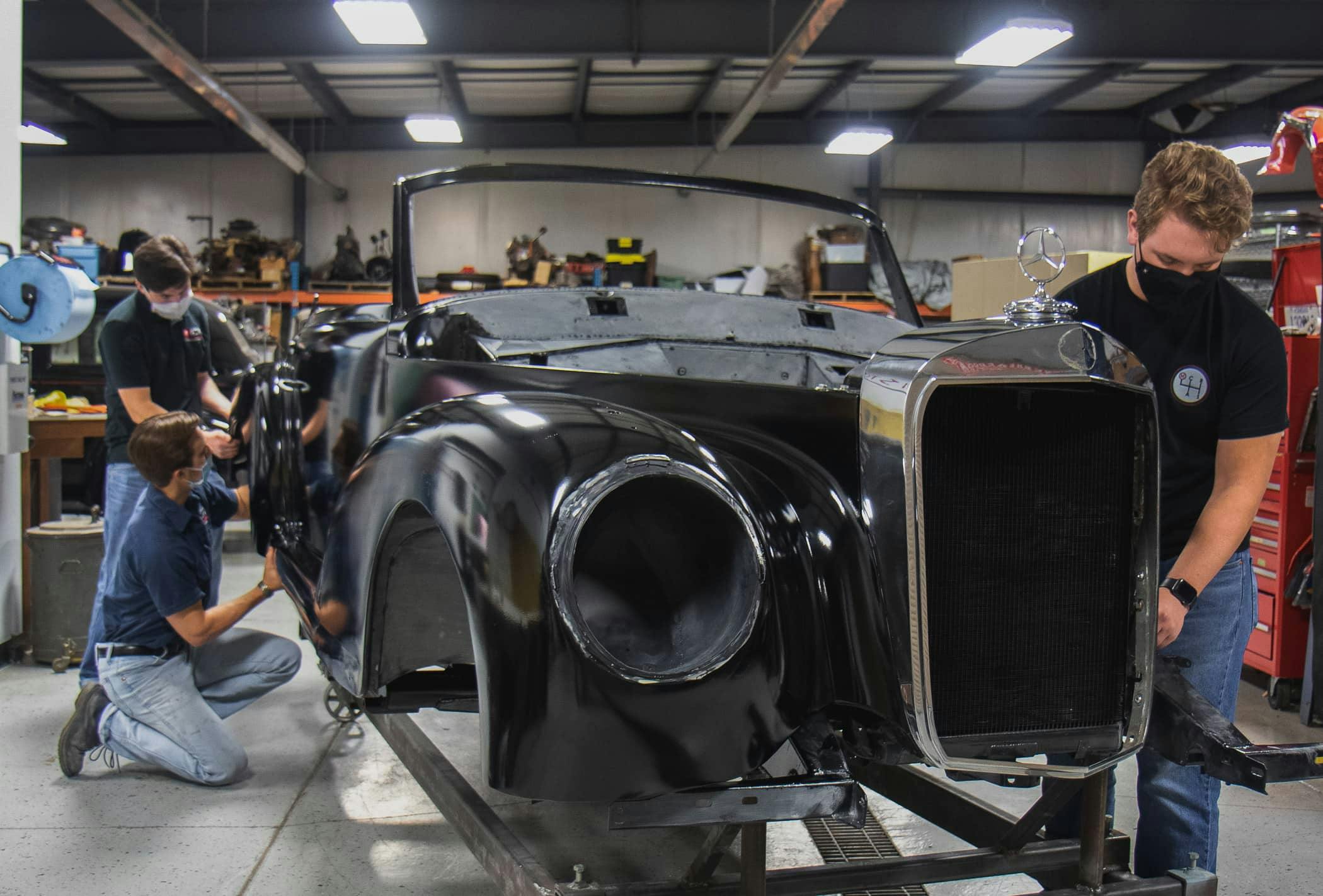
Haverty’s own Tom Cotter introduced me to McPherson. Surprised you didn’t mention his work on behalf of the school.